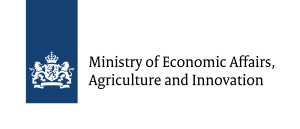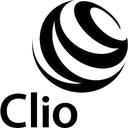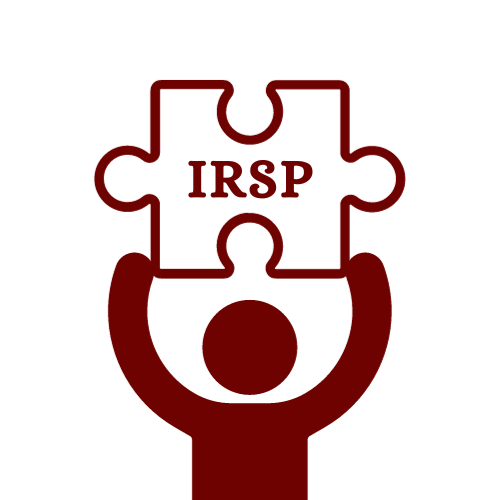China and India as responsible stakeholders in the world economy and policy issues for the Netherlands and the European Union
|
Researchers
Dave Hoogakker Erika van Leeuwen Mara van der Meer Sigit Rahman Marloes Roijackers Annie Yuliyanti Supervising professor Dr. R. Gigengack
It is strictly forbidden to use and/or copy (parts of) this research without written approval of the both the IRSP and The Ministry of Economic Affairs, Agriculture and Innovation of The Netherlands.
|
The term ‘responsible stakeholder’ was introduced for the first time by Robert Zoellick during the Carnegie Debates in 2005. The purpose was to initiate a new understanding of US-China relations in the current world order. Given the fact that China’s economic strength has grown tremendously in a short time period, the relative dominance of the US within the trade relations with China had to be altered, as to prevent a possible shift of power towards Asia. With the term‘responsible stakeholder,’ Zoellick envisioned a world order in which politics would be conducted on basis of multilateralism, diplomacy and peaceful prosperity. The argument was that any state would likely support this system, because it offers durability of agreements and general prosperity.
Considering the position of the EU – with its own challenges such as speaking with one voice, and the changing representative faces – this responsible stakeholder point of view is interesting because it could accommodate the rising powers of ‘the East’ and assign them a solid place in the current international order, without shifting the relative dominance in political and economic relations to Asia. Using a comparative case approach, we have analyzed the conditions of contemporary Chinese and Indian trade politics, as well as their bilateral and multilateral trade relations. By using the Hofstede-model as a socialization model, we argue that we can make use of trade policies in order to influence the ‘Dragon’ and the ‘Elephant’ in the East. We found that by separating the occurring trade problems in structural and functional problems it is possible to identify which problems can be most easily tackled. On these ‘outer circle,’ or low profile challenges should the EU and the Netherlands focus first, whilst integrating the emerging powers in the system of responsible stakeholders. Eventually, this should result in a multilateral system of and equal dominance for any major trading partner in the international order. By applying this reasoning, we also identified the challenges which are more in the center of China’s and India’s interests (core values). The costs for trying to influence these are considerably higher than with the functional problems, and positive outcomes are less probable. We consider them ‘structural problems’ and are mostly associated with concepts such as ‘identity’ and ‘society’. These problems are called structural, due to the length of time needed to adapt them. Hence, we argue that combating the functional challenges first, these steps could stimulate the development of an ultimate desirable world order. An example of a functional problem for India is its perceived weakness as a tool to raise legitimacy for specific policy choices. Put differently, it explains to the international community that it is not capable of concluding an agreement due to domestic interests, and vice versa. We recognized such a situation during the negotiations on the TRIPS-agreement: India did not want to comply at first, but as soon as the needed domestic legitimacy was raised, they were willing to agree. Arguably, the same holds true for the DDA-negotiations, which ran into a deadlock over technical details of the Special Safeguard Mechanism. One of the most practical among the Chinese functional problems concerns the implementation and enforcement difficulties. At the level of the central government it appears there are true intentions to implement the WTO-commitments, but since China is unique in its size and number of stakeholders involved – including quite autonomous provinces and cities – China’s behavior can be categorized as hesitant to make too many promises. In the past, one could have noticed that generous offers by Zhu Rongji with regard to the WTO-accession conditions were not always received with thankful feelings in his homeland. This partly explain their reluctant attitude in multilateral talks with complex package deals, such as the DDA. In connection with EU trade policy, the IPR2-project represents a successful joint regulation and implementation program. Similarly, the China-EU trade could benefit from Chinese ‘copycat behavior’. Of course, this does not refer to expensive European intellectual property, but to European legislation models. To conclude, responsible stakeholdership paves the way for a new international order, with at its core the possibility for developed powers to maintain a firm position in world politics and trade. | ||||||



